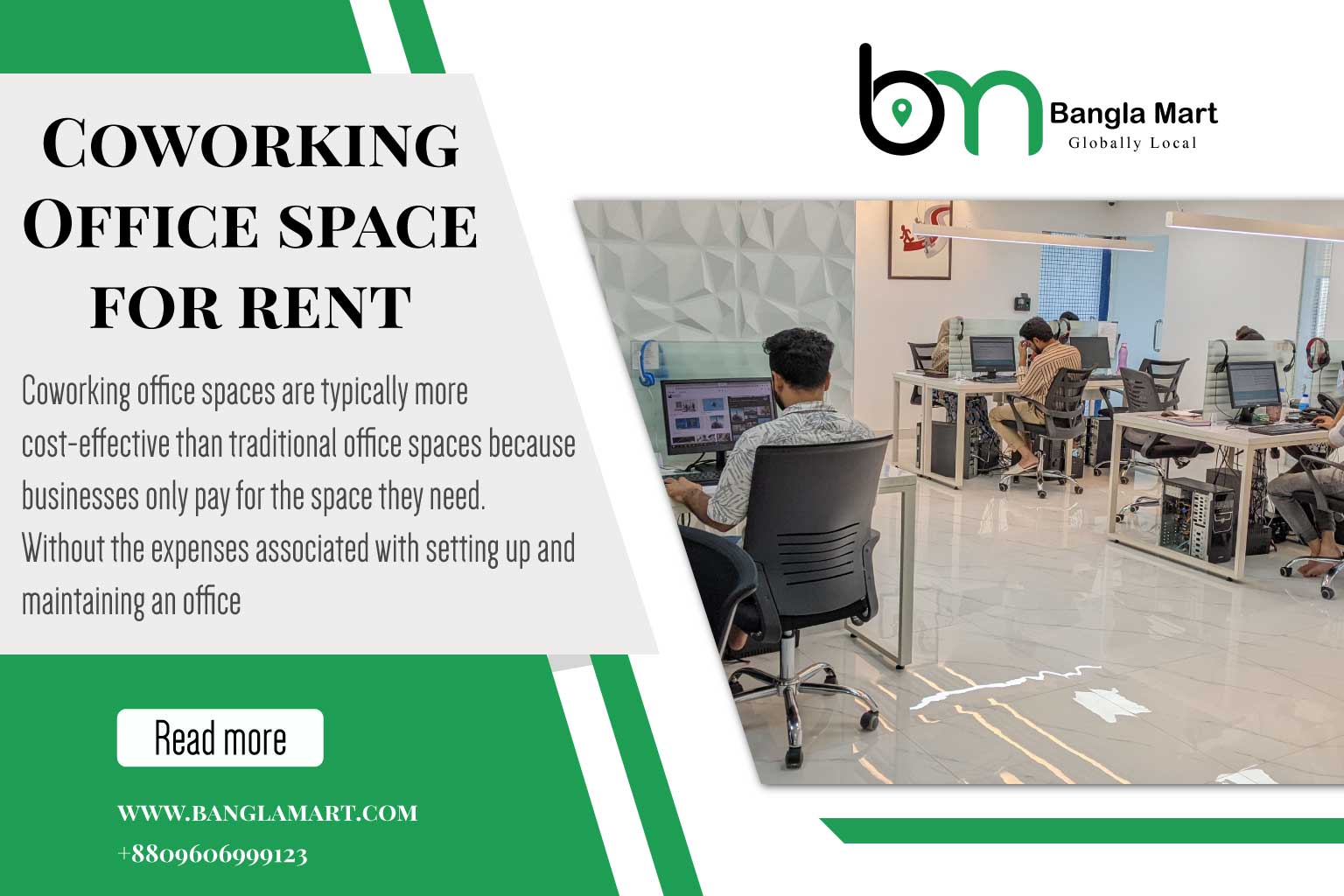Coworking office spaces and traditional office spaces are two options that individuals and businesses have when considering their workspace needs. Both types of office spaces offer distinct advantages and disadvantages.
And it’s important to understand the differences between them in order to make an informed decision.
However, the question can be asked, “Which one is more flexible for your business between Coworking office and Traditional Office space?”
Coworking office spaces are shared workspaces that are typically rented out on a month-to-month basis. These spaces are designed to be flexible and accommodate individuals or small teams who need a workspace.
Let’s see which one is flexible for your business!
Which One Is More Flexible Between Coworking Office & Traditional Office
Coworking offices are generally considered to be more flexible than traditional offices. This is because coworking spaces are typically rented on a month-to-month basis, whereas traditional offices often require longer lease agreements, usually spanning several years.
In a coworking space, tenants have the option to rent a desk or office space for as little or as long as they need. And they can often scale up or down as their needs change.
This allows individuals and businesses to have greater flexibility in terms of workspace needs and can be particularly beneficial for startups or small businesses that may experience growth or contraction over time.
Additionally, coworking spaces often offer a range of amenities and facilities, such as high-speed internet, meeting rooms, and kitchen facilities. Which can further enhance their flexibility.
REPORT OVERVIEW. The global coworking space market size is expected to be USD 2.889 billion in 2022 and is projected to touch USD 5.015 billion by 2028
Difference Between Coworking Office Space & Traditional Office Space
| Feature | Coworking Office Space | Traditional Office Space |
|
Generally more affordable | More expensive |
|
Short-term, typically month-to-month | Long-term, typically several years |
|
Shared amenities such as meeting rooms, kitchens, and high-speed internet | Self-contained with dedicated facilities |
|
Offers a collaborative and social environment, promoting networking and community building | Often offer private workspaces with less focus on collaboration |
|
Easy to scale up or down, adjust to the changing needs of individuals or teams | Less flexible in terms of adjusting to changes in the number of employees or space requirements |
|
Emphasizes community and socialization | Emphasizes productivity and professionalism |
|
Limited customization options | Customizable to fit specific business needs |
Benefits of Renting Coworking Office Space for Business
- Cost-effectiveness:
Coworking office spaces are typically more cost-effective than traditional office spaces because businesses only pay for the space they need. Without the expenses associated with setting up and maintaining an office.
- Flexibility:
Coworking office spaces offer flexible leasing arrangements that can be customized to meet the needs of a business. This means businesses can rent space for as little or as long as they need.
- Networking opportunities:
Coworking spaces offer opportunities for networking with other professionals in the space. Which can lead to new business opportunities, partnerships, and collaborations.
- Shared amenities:
Coworking spaces offer shared amenities such as high-speed internet, printers, meeting rooms, and kitchen facilities. Which can help reduce expenses and provide convenience for businesses.
- Professional environment:
Coworking spaces provide a professional environment that can enhance productivity and creativity. This environment can also help businesses establish credibility with clients and customers.
- Community building:
Coworking spaces offer opportunities for community building and collaboration. Which can help businesses develop new ideas and improve productivity.
Conclusion
Coworking spaces offer a flexible and also cost-effective option for individuals and businesses in need of workspace. These shared workspaces provide access to amenities and facilities. Such as high-speed internet, meeting rooms, and kitchen facilities.
While also promoting collaboration and community building. Coworking spaces offer short-term leases that can be customized to meet the needs of businesses. This makes them a great option for startups or small businesses that may experience growth or contraction over time.
Coworking spaces also offer networking opportunities, a professional environment, and geographic flexibility, making them a convenient option for businesses with remote employees or those that need to move around frequently.
FAQ
- What types of businesses are suitable for a coworking office space?
Coworking office spaces are suitable for a wide range of businesses, from startups to established companies. They are especially suitable for small businesses, freelancers.
- Can I customize my coworking office space?
While coworking spaces may offer limited customization options, businesses can often personalize their workspace to fit their specific needs. For example, some coworking spaces offer private offices.
- Are there any disadvantages to coworking office spaces?
Some potential disadvantages of coworking spaces include noise and also distractions, and limited privacy. And fewer opportunities to brand the workspace with a company’s identity.


